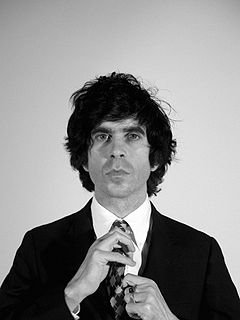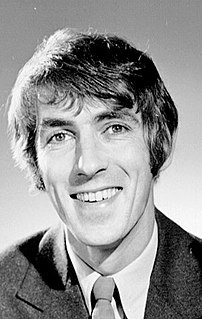A Quote by Frederick Lenz
To not realize that everyone we think about affects us psychically, to not realize that life is a field of power, is criminal, in my opinion. If you are a sensitive and evolved being, it is simply criminal.
Related Quotes
In existing criminology there are concepts: a criminal man, a criminal profession, a criminal society, a criminal sect, and a criminal tribe, but there is no concept of a criminal state, or a criminal government, or criminal legislation. Consequently what is often regarded as "political" activity is in fact a criminal activity.
A criminal has a kind of freedom by definition that the ordinary citizen doesn't have. The criminal's able to realize himself in ways not available to the general population, if you want to put it that way. They're interesting and unpredictable. Characters always have to break some sort of bound or other to be interesting. It also helps if they're paradoxical.
Power is not a matter of one dominant individual or institutions, but instead manifests in interconnected, contradictory sites where regimes of knowledge and practice circulate and take hold. This way of understanding the dispersion of power helps us realize that power is not simply about certain individuals being targeted for death or exclusion by a ruler, but instead about the creation of norms that distribute vulnerability and security.
There's no real nationalism in this county. If you're poor in America, that's a criminal offense. You're not only a criminal for being poor, but you're also stupid and deficient. We don't have this national feeling of fraternity. We live in an individualist state where everyone hates everyone else, except your immediate family. We live in a mafia state.
When we think of a criminal, we imagine someone with criminal motives. And when we look at Eichmann, he doesn't actually have any criminal motives. Not what is usually understood by "criminal motives." He wanted to go along with the rest. He wanted to say "we," and going-along-with-the-rest and wanting-to-say-we like this were quite enough to make the greatest of all crimes possible. The Hitlers, after all, really aren't the ones who are typical in this kind of situation--they'd be powerless without the support of others.
With the greatest respect, we do not make the criminal law on the basis of opinion polls. A majority of 9:1 could be in favour of a ban in my constituency, but I would not regard that as conclusive, and I hope that we never would. If we start having opinion polls about all the unpleasant and distasteful habits and customs of some members of society, and suggesting that their findings should be made part of the criminal law, foxhunting would come way down the list, and quite a lot of strange enactments would have to go through the House.


































